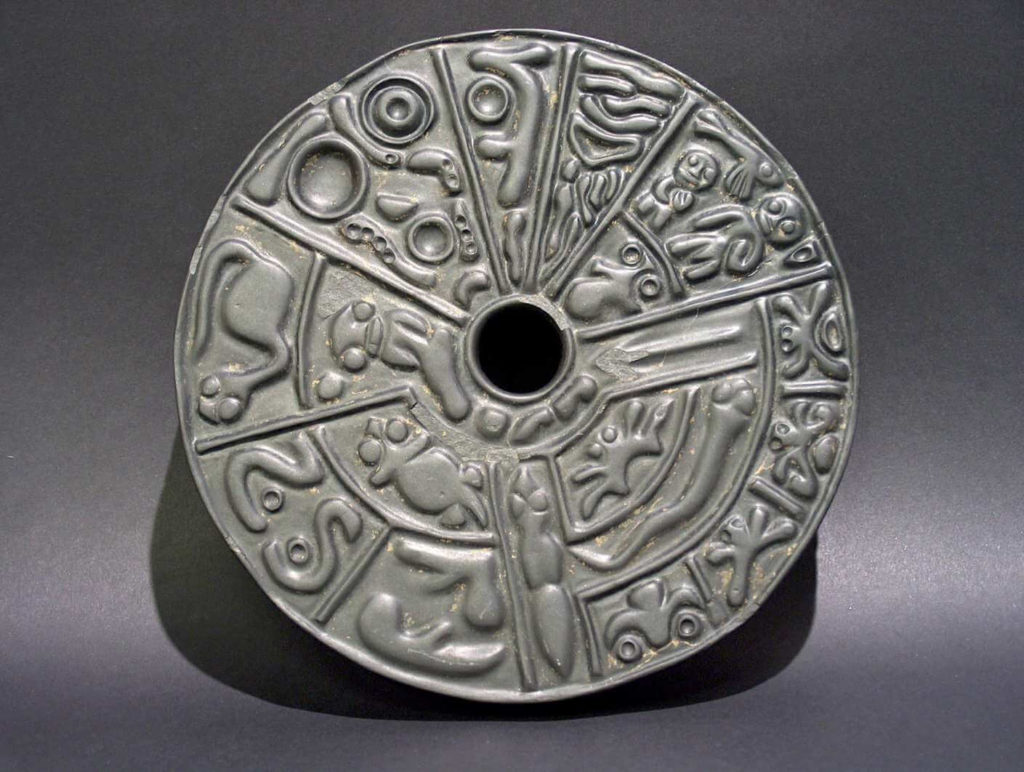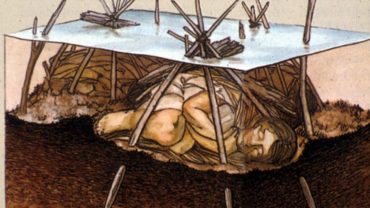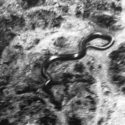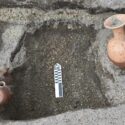The “Genetic Disc” Revealed Advanced Biological Knowledge Acquired By An Ancient Civilization
Since the beginning of the new millennium, the human genetic plan of life has been deciphered. But the functions and origins of many genes are still unknown. Skeptics are afraid of evil scientists that might create cloned “wonder-children” that could be ordered in a catalog. But geneticists are sure that the knowledge is enough for a revolution in medical history. In ancient times people connected the evolution of life with the “tree of life.”
But what is a “tree of life”? Many texts of ancient cultures are written by gods that once created men and other creatures. Who have been those creative gods? Are stories of fabulous beings, amphibious animals, and mythical creatures based on real experiences, or are they only results of fantasies?
Genetic Disc: Deep Biological Knowledge In Ancient Times?
A disk-shaped ancient artifact found in South America is one of the most exciting and puzzling archaeology finds. The unique relic is made of black stone and measures about 22 centimeters in diameter. It weighs about 2 kilograms. On the disk, some carvings describe the excellent knowledge of our ancestors. The object has been examined in the Museum of Natural History, Vienna, Austria. It was not made of artificial materials like cement but of lyddite, a marine sedimentary rock formed in the deep sea. The artifact was discovered in the territory of Colombia and was called the Genetic disc.

The disk, known as “Genetic Disc,” was dated in a prehistoric epoch. Scientists estimate that the disk was made almost 6000 years, and assigned to the Muisca culture. Dr. Vera M. F. Hammer, the expert for precious stones and minerals, analyzed the mysterious object. The symbols on the disk are very impressive. Both sides of the disc are covered in illustrations of the intrauterine fetal development in all stages.
Moreover, a lot of information on human genetics is strung on the outside of the disc. Strange is that this information could not be seen with the naked eye but under a microscope or other advanced optical instrument. The current level of knowledge of humanity does not allow such a possibility, which induces a certain aura of mystery on how to obtain the information by a culture that did not have the technology to access such information.
So, how could this knowledge be known 6,000 years ago? And what other knowledge could have been possessed by the obscure civilization which made the disc?
Drawings That Beckon To Another Part Of Human History
Colombian professor Jaime Gutierrez Lega has gathered unexplained ancient objects for years. Most of the artifacts from his collection have been discovered in explorations of the almost inaccessible region of Sutatausa in the province of Cundinamarca. They are stones with illustrations of people and animals and baffling symbols and inscriptions in an unknown language.
The main exhibits of the professor’s collection are the Genetic (also embryonic) disc, among other possessions, made from ladies – a stone first mined in Lydia, an ancient country in the western part of Malaysia. The stone is similar to granite in hardness, but it also processes a layered structure along with the hardness, which makes it very difficult to work with.
The stone is also known as darlingite, radiolarite, and basanite and has a bright color. Since ancient times, it has been used to manufacture jewels and mosaics. But cutting something from it should have been impossible using the tools possessed by humans 6,000 years ago.
The problem comes from its layered structure because it will automatically break upon contact with incisors. And still, the genetic disc is made from this mineral, and the drawings on it more closely resemble a print rather than a carving. When the mineral underwent treatment, it seems that a technique unknown to us was used. Its secret remains a mystery to this day.
Underground Tunnels Located Throughout The Jungles
Another mystery is the place where the stone was discovered. Professor Lega discovered it in possession of a local citizen, who claimed he found the stone disc with the inscriptions somewhere around the city of Sutatausa. However, some researchers (for example, writer of Ancient Astronauts theory, Erich von Däniken) believe that the disc could be from the rare collection of Father Carlos Crespi. This missionary worked in Ecuador in the middle of the 20th century. Father Crespi bought ancient objects from local citizens, which they found in fields or jungles – from ceramics of the Incas to stone tablets.
The priest never categorized his collection, but it is known that there were objects which did not pertain to any one of the known ancient cultures of South America. Mainly, these were objects made from different metals, but there were also stone circles and tablets covered with inscriptions and drawings.
After the priest’s death, some valuables from his collection were given to the Vatican, and others were just thrown away. According to Crespi himself, local citizens discovered the drawing-covered tablets not far from the Ecuadorian city of Cuenca – in underground tunnels and chambers located throughout the jungles. The priest also claimed an ancient system of underground tunnels, 200 kilometers long, from Cuenca to the jungles. Couldn’t the Genetic disc somehow relate to the people who build these underground structures?
Incredible Illustrations On The Stone Circle
The illustrations on the disc are also a source of many questions. The entire process of the beginning of human life is illustrated on the circumference of both sides with incredible accuracy – the purpose of male and female reproductive organs, the moment of conception, development of the fetus inside the womb, and the birth of the baby.

On the left part of the disc (if we are to imagine the circle as a dial on a watch – the location of 11 o’clock) a clear drawing of sperm with no spermatozoids and next to it – one with spermatozoids (the author probably wanted to illustrate the birth of the male seed).
For the record – spermatozoids weren’t discovered until 1677 by Antonie van Leeuwenhoek and his student. As is known, this event was preceded by the invention of the microscope. But the illustrations on the disc prove that such knowledge was present in ancient times.
And at the position of 1 o’clock, several completely formed spermatozoids can be seen. Next to it is a baffling drawing – scientists still haven’t concluded what it means. Around the position of 3 o’clock, there are images of a man, woman, and child.
A fetus in several stages of development, which end in the formation of a baby, is illustrated on the upper part of the opposite side of the disc. The drawing shows the evolution of intrauterine life. And in the region of 6 o’clock, a man and woman have illustrated once again. A study determined that there really are illustrations of a human fetus’s basic stages of development, and they can easily be identified.
Sources: collective-spark.xyz



